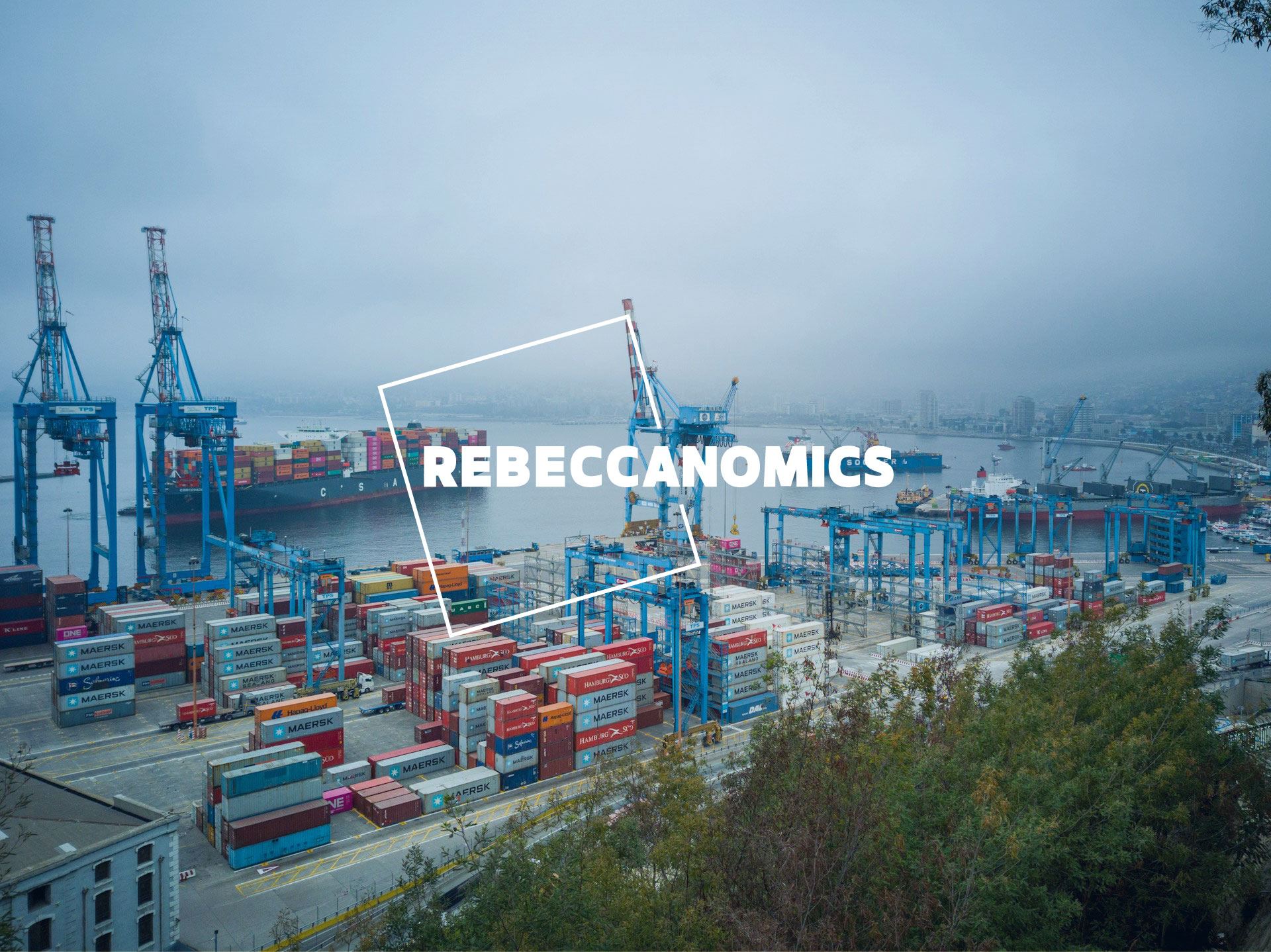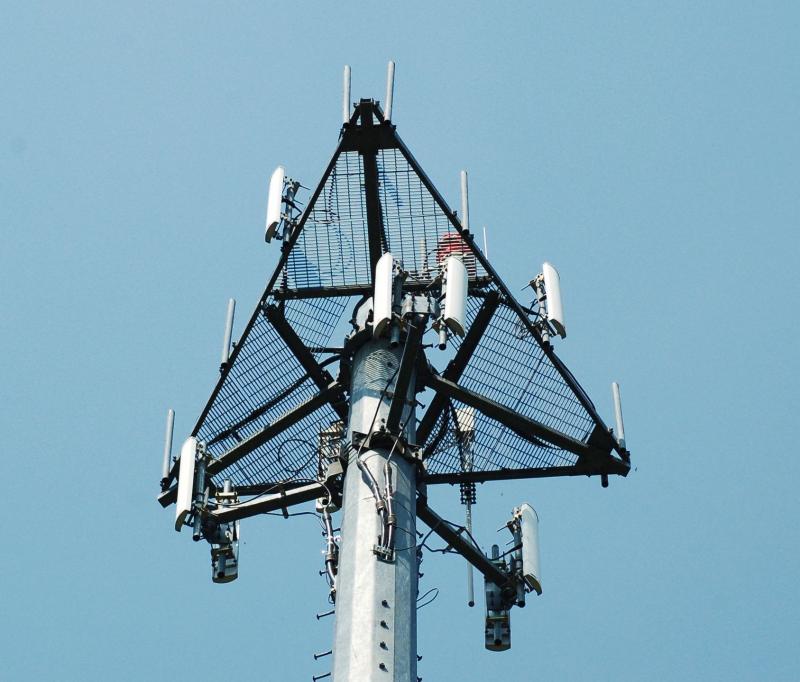
UK & DE Freight in 2024 and Beyond: A Supply Chain Logistics Case Study
Dive into the future of UK & DE freight: Adaptation, green logistics, and technological innovation shaping 2024 and beyond.

Inefficient border checks and customs clearance processes create huge friction for global trade. Shipments languish at ports for days awaiting inspection. Business travelers lose productive hours queued for immigration. Paperwork burdens and duties raise costs. Approvals rely on manuals review of documents prone to forgery. While globalization has connected companies worldwide, antiquated systems still bottleneck flows at national boundaries.
Biometric technologies like fingerprint, iris and facial recognition could someday transform this status quo by allowing fully automated, frictionless cross-border passage. A unified global customs and immigration database of biometric identity records, verified against travelers’ live scans at border checkpoints, would eliminate paperwork and queuing. Blockchain systems could give all actors real-time cargo tracking and status updates as smart contracts execute customs payments and import approvals once biometrically matched goods reach the border checkpoint.
Such a future promises huge efficiency gains through seamless international commerce and travel. But achieving it requires overcoming monumental challenges. Universal standards for biometric data interoperability must be established. All nations would have to contribute identity records to shared databases – a massive challenge given privacy concerns. Cybersecurity protocols and encryption must be fortified to prevent breaches. And historical mistrust between governments threatens cooperative potential.
The first step is bilateral collaborations between close allies to pioneer biometric corridors – proving the concept in limited settings. For example, Canada and the UK could launch a pilot biometrics program for trusted travelers. Success could catalyze incremental expansion to additional friendly nations. Regional blocs like ASEAN and Mercosur offer similar testbeds. Aside from efficiency, benefits like enhanced security against terrorism build political will.
With patience and prudence, global trade in the 2040s could bear little resemblance to today’s frustrating delays at congested commercial borders. That utopian future remains distant. However, the building blocks of frictionless trade through the power of biometrics are coming together, one step at a time.

Dive into the future of UK & DE freight: Adaptation, green logistics, and technological innovation shaping 2024 and beyond.

Join Dr. Rebecca Harding in a crucial discussion on sustainability in economics. Dive into why regulators must evolve GDP metrics to include sustainability for an accurate portrayal of our climate challenges and the journey towards actionable global solutions.

Explore the intricate relationship between trade fragmentation, geopolitics, and supply chain resilience with Dr. Rebecca Harding. Learn why understanding the political landscape is crucial to making economic sense and how strategic trade is shaping the 21st-century battleground.

Uncover the strategic necessity of Supply Chain Resilience in our latest piece by Dr. Rebecca Harding. Discover how today’s trade becomes a domain of warfare and why intelligence in supply chains forms the New Tradecraft in safeguarding national security.

Discover how biometric technology could revolutionize global trade, offering seamless and secure cross-border transactions by reducing inefficiencies at customs and immigration, with real-time tracking and smart contract integrations, promising a future of frictionless international commerce.

Decentralized finance innovations could eliminate inefficiencies and increase transparency across global supply chains. But what are the challenges to mainstream adoption?

With sufficient coordination, shared biometric databases could allow automated frictionless passenger and cargo tracking across borders.

Cyber warfare is emerging as a potent tool for states to destabilize rival economies. But what are its limits compared to conventional coercion?
Contact
Services
About
Insights
Rebecca’s Bio
Terms and conditions
Privacy